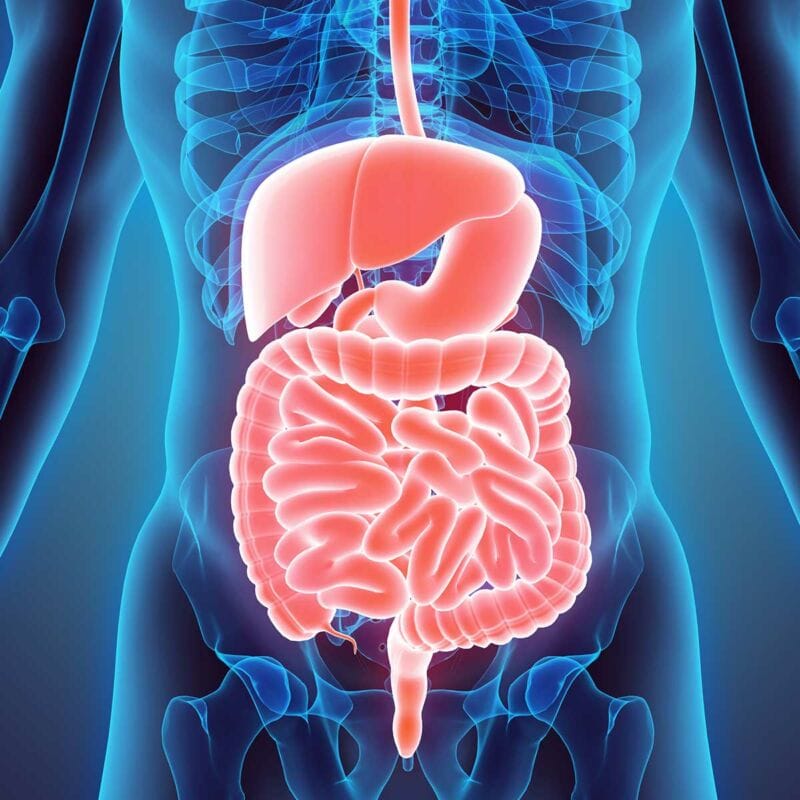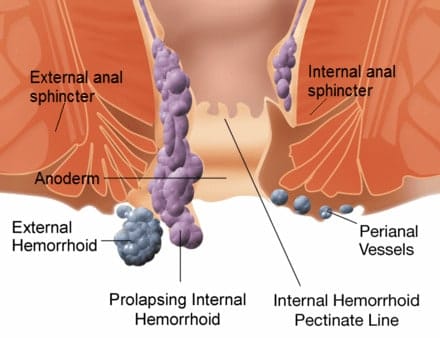Gastrointestinal Disorders: An Overview

Gastrointestinal (GI) disorders encompass a wide range of conditions that affect the digestive system, from the esophagus to the intestines, liver, pancreas, and beyond. These disorders can result in a variety of symptoms such as pain, bloating, indigestion, and altered bowel movements. Some common GI and related conditions include:
- Gastritis:: Inflammation of the stomach lining, often causing abdominal pain, nausea, and indigestion.
- Appendicitis: Inflammation of the appendix, typically requiring urgent surgical removal due to the risk of rupture.
- Cholelithiasis: The formation of gallstones in the gallbladder, which can lead to pain, nausea, and digestive issues.
- Pancreatitis: Inflammation of the pancreas, leading to severe abdominal pain and digestive dysfunction.
- Hepatitis: Inflammation of the liver, often caused by viral infections, alcohol, or toxins, resulting in fatigue, jaundice, and liver dysfunction.
- Jaundice: Yellowish discolouration of skin and mucous membrane due to high levels of bilirubin often indicating liver or bile duct stasis.
- Constipation: Difficulty in passing stool, often leading to discomfort, bloating, and a sense of incomplete evacuation.
- Kidney Stones: Hard deposits formed in the kidneys, causing sharp pain, difficulty in urination, and sometimes blood in the urine.
- Hydrocele: Fluid accumulation in the sac around the testes, which may cause swelling in the scrotum, though not directly related to the GI tract, it can coexist with other abdominal conditions.
Understanding and managing these conditions is key to maintaining digestive health and overall well-being. Early diagnosis and appropriate treatment can often prevent complications.


